Amid all the economic fallout of the novel coronavirus, COVID-19, many South Korean industries have been affected. As the number of cases worldwide surpasses the half-million mark, the damages to people’s livelihoods are coming into focus.
Updates on COVID-19 in South Korea
As of 29 March 2020, a total of 9,583 cases (including 412 imported cases) have been confirmed, of which 5,033 cases have been discharged from isolation. Newly confirmed cases are 105 in total.
As compared to other countries affected by COVID-19, South Korea has managed to control the outbreak with its well-managed disaster response. A highly coordinated government response that has emphasized transparency and reliance on public cooperation is behind the effective control of the epidemic. The linchpin of South Korea’s response has been a testing program that has screened more people per capita for the virus than any other country by far.
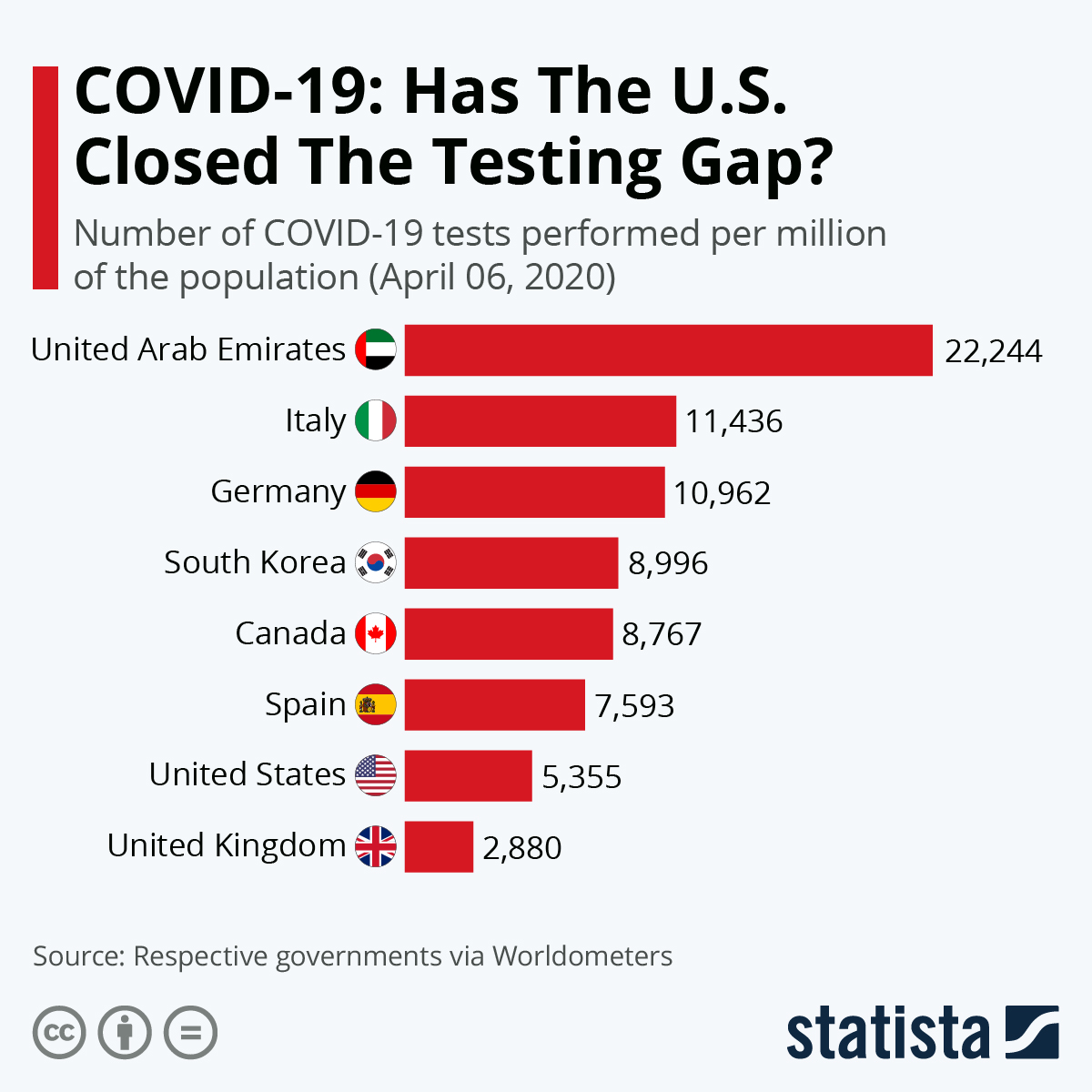 You will find more infographics at Statista
You will find more infographics at Statista
The government of South Korea declared a state of’ emergency’ as the entire system combated to control the deadly virus. This emergency has impacted most Korean businesses, including the Korean fashion industry and K-pop, adversely. Events have been postponed or suspended. There is a restriction on mobility and an overall slump in the Korean market.
Focus on Public Awareness
Across the country, you can see the posters for increasing the public awareness about the virus and prevention methods such as wearing a mask, washing hands, and covering face while coughing. These posters are placed in public places like train stations, markets, etc. South Koreans are seen wearing masks daily whenever they are in public places. Hand sanitizers have been placed at public transport spots and building entrances to improve sanitization.
A central disaster and safety countermeasures under the leadership of the Prime Minister, Chung Sye-kyun, have been set up by the Korean government.
Strengthened Social Distancing
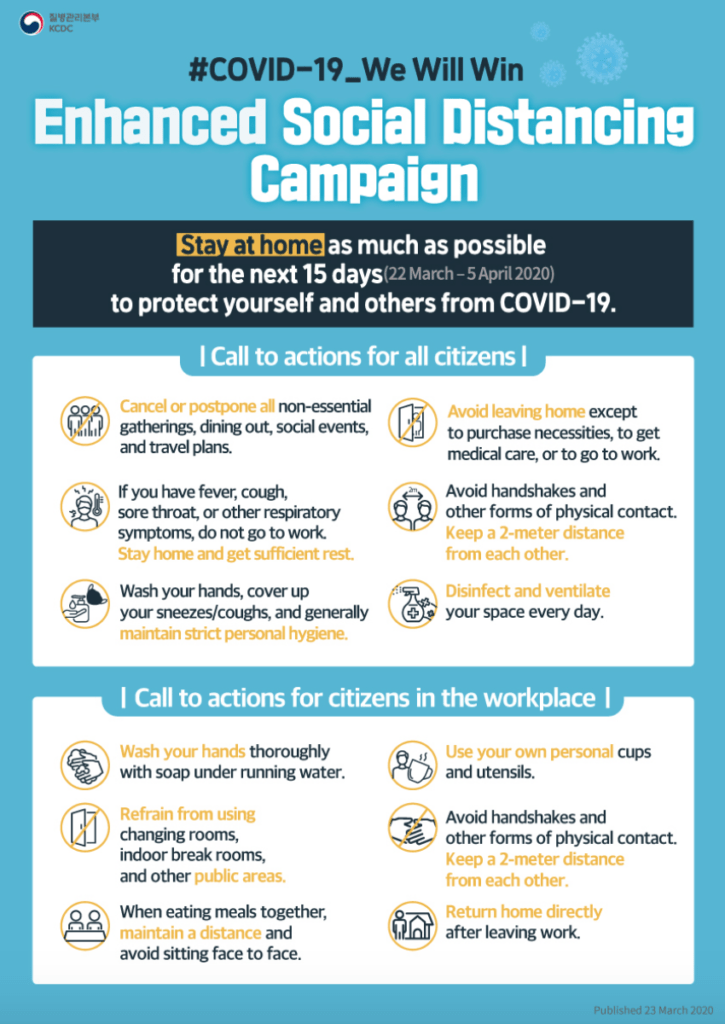
The Korean government is promoting the Enhanced Social Distancing campaign from 22 March to 5 April. It has helped the authorities to continue their disease control efforts without a surge in local transmissions. The campaign urges people to avoid religious gatherings, going to indoor gyms, or any other activities that require close contact with other people in enclosed spaces. Under this campaign, the government also requests citizens to avoid leaving home except to purchase necessities, to get medical care, or to go to work. You should cancel or postpone all non-essential gatherings, dining out, social events, and travel plans.
Impact on Korean Businesses and Economy
The most impacted from the COVID-19 outbreak is the Duty-Free, outbound tourism, and domestic cosmetics sectors. The inbound Chinese traffic, the shuttle traders from China, is virtually zero at the moment. South Korean economy is China-dependent as China is Korea’s largest trade partner. Sales of duty-free shops have taken a big hit from the fast spread of COVID-19 from late January, which has made it impossible for small-scale Chinese vendors, their primary customers, to visit South Korea. Major industry players, including Lotte Duty-Free and Shilla Duty-Free, have temporarily shuttered their outlets at Gimpo, Gimhae, and Jeju international airports in the wake of the coronavirus pandemic.
Korean cosmetics brands’ substantial sale contribution comes from the duty-free channel, as it is by far the most profitable. And as the duty-free sales are affected at the moment, it has impacted the sales of Korean cosmetics brands.
The Seoul Fashion Week that was scheduled from 17 March to 21 March was canceled amid the increasing concern over the rapidly spreading coronavirus in Korea, as reported by The Korea Herald.
Evolution of South Korean fashion and Korean beauty industry in the time of coronavirus
South Koreans are ensuring that their fashionable reputation is not damaged with coronavirus outbreak. You can find tutorials ranging from how to wear makeup with a face mask to use hats to incorporate a protective face shield.
A 29-year old YouTube beauty influencer, SSUNZY, gives tips for applying makeup so that it looks good under the protective face mask. This particular video has gathered tens of thousands of views. She mentions in the video, “It’s very, very unfortunate that a mask hides your face. You can’t show off your charm. I’m going to do makeup that makes your face look good even when you’re wearing a mask.”
The sale of skin care products has been increased over the sales of colorful cosmetics. It is because if you have a hydrating foundation, it is easier to touch up makeup after removing the mask. SSUNZY also recommends that viewers more moisturizer and stick to more natural shades rather than heavy coloring. Amorepacific Group, South Korea’s largest cosmetics powerhouse, claimed that there was an increase in skin care product sales, especially in the range of anti-aging products.
As a preventive measure for coronavirus, the public is also more comfortable with wearing face masks as even their favorite K-pop idols wear them. A Korean fashion designer, Park Youn-hee, quotes, “To us, and to K-fashion, the mask is a signature item.” She said people should embrace the anonymity offered by the masks and push their style boundaries without any fear of repercussions. “I think a mask is an item that can give you confidence since people don’t recognize you clearly,” she said. “Try bold colors and different looks.”
And like many countries, South Korea also faces a shortage of face masks. As a response, locals have combined protection and fashion by wearing hats with clear plastic face shields. Park says, “It (hats) goes well with all casual clothing.”



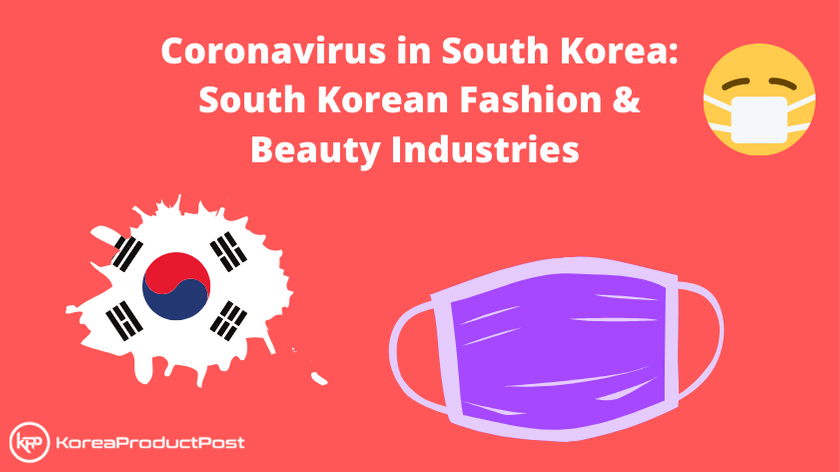
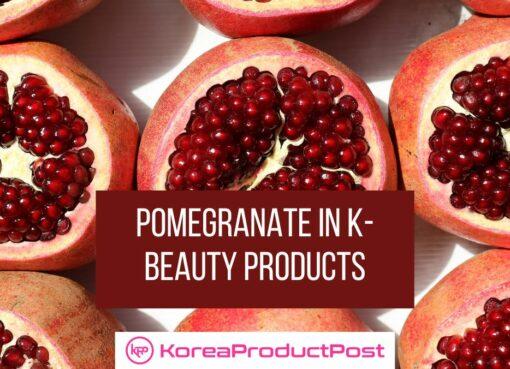
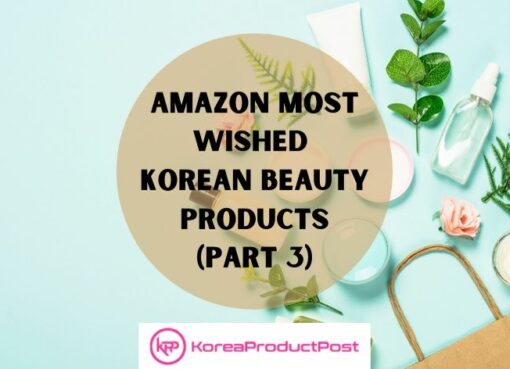
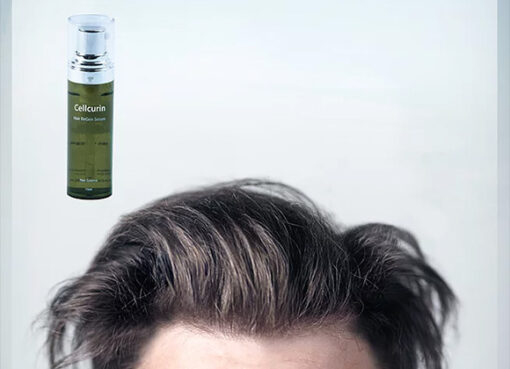
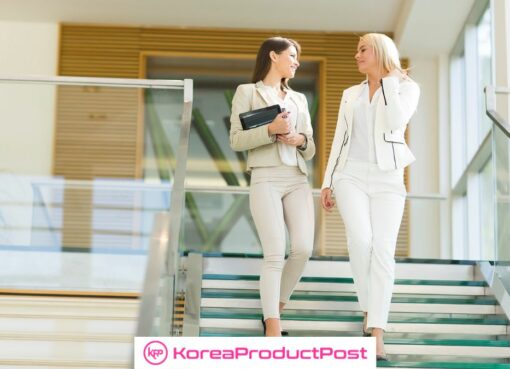

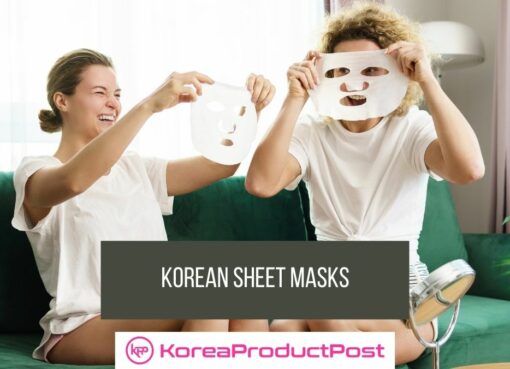
Comment here